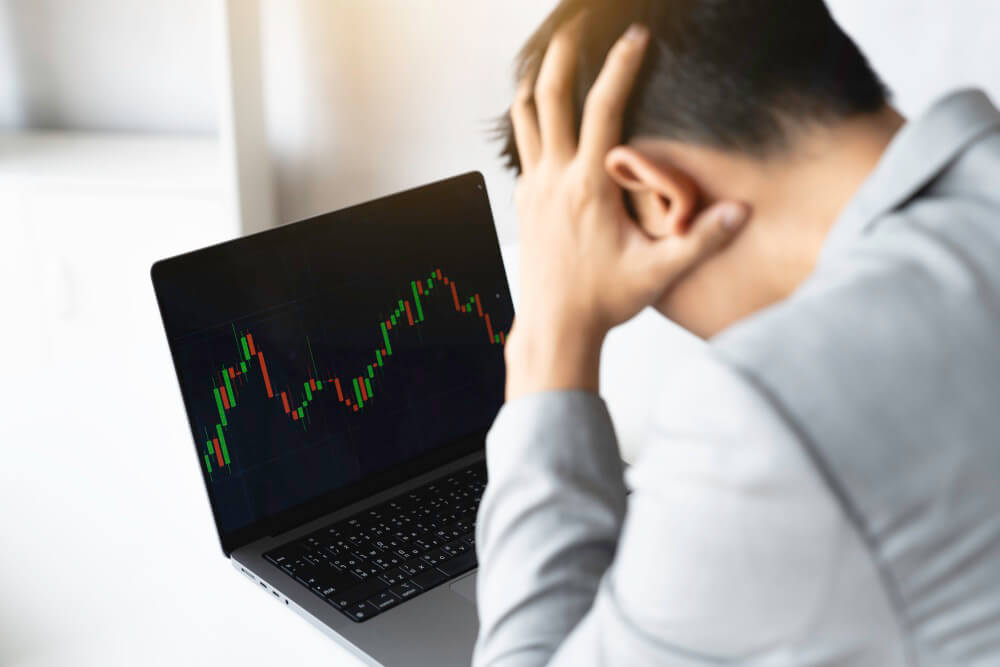In the world of investing, balancing daily trading activities with personal life can feel overwhelming. Traders often struggle to maintain equilibrium between professional goals and personal well-being. The pressure to stay ahead of market trends while still allowing time for other priorities is a challenge many face. The key lies in managing both aspects without neglecting either.
Some might assume that dedicating every hour to trading brings higher rewards. However, experience shows that overworking without proper downtime can hinder long-term success. Effective traders know the importance of carving out time to recharge while remaining disciplined in their financial pursuits.
Efficient Tools for Traders

A good platform makes a significant difference in managing both time and trades. One option is Binomo, which offers traders a user-friendly interface. Through Binomo login, the platform allows its users to execute trades with minimal investment, beginning at just $1. It’s an accessible choice for traders looking to optimize time without being bogged down by complicated interfaces.
The platform also features multiple open positions at once, streamlining decision-making and allowing users to manage trades more efficiently.
Structuring the Day for Success

Experienced traders avoid unstructured time. They follow a strict schedule to avoid spending too many hours staring at screens. Setting clear work hours and specific breaks prevents burnout. When traders allow time to step away, their focus improves.
Early in the day, traders should prioritize reviewing market news and planning positions. During the middle of the day, real-time analysis takes priority. In the afternoon, a period of reflection on performance helps inform future strategies.
Allowing set times for other activities, such as hobbies or family time, ensures that traders don’t lose sight of personal goals while chasing financial ones. The balance lies in creating a structured day where market movements and personal activities don’t clash.
The Power of Setting Limits
An important part of balancing work with play is knowing when to stop. Every trader must have limits. This means deciding on a maximum number of trades per day and recognizing when it’s time to call it quits. Even the most successful traders understand the risks of pushing too hard.
Emotional trading is one of the biggest threats to profitability. When tired, traders are more likely to make poor decisions. Setting daily profit and loss limits ensures there are clear boundaries. Once these limits are reached, traders can step back and take time for non-work activities.
Limiting trades doesn’t just protect finances—it also allows room for personal time. Being able to walk away from the screen at the right moment is as important as hitting a successful trade.
Leveraging Technology

Automated systems, alerts, and other tech-driven solutions help traders stay on top of market trends without being glued to their screens. These systems can track price movements, execute trades automatically, and send alerts when certain conditions are met.
By using technology effectively, traders can achieve more in less time. They no longer need to watch charts for every minute change. Alerts and systems work in the background, allowing traders to focus on other important tasks or enjoy downtime.
Using the right tools allows traders to manage both personal and professional commitments. For instance, a trader might be able to go for a walk or spend time with loved ones, all while knowing their trades are being executed automatically.
Avoiding Burnout

One of the biggest challenges for active traders is avoiding burnout. The pressure to succeed often leads individuals to overextend themselves. This leads to diminished productivity and mistakes.
Taking time away from the market is crucial. Exercise, relaxation, and hobbies can prevent fatigue. Studies show that when traders maintain balance, they perform better in the long run. Many top traders schedule mandatory breaks throughout their day to refresh their focus.
Incorporating non-work activities into the daily routine isn’t just good for health—it benefits trading performance as well. When traders come back to their desks after a break, they often see opportunities they might have missed when tired.
Conclusion
For traders, success isn’t just measured by profits. It’s about managing work efficiently and maintaining a strong connection to personal interests. By setting structured hours, limiting trades, using technology, and prioritizing self-care, traders can avoid burnout and find balance. The most successful traders know that financial rewards only matter when combined with personal fulfillment.


